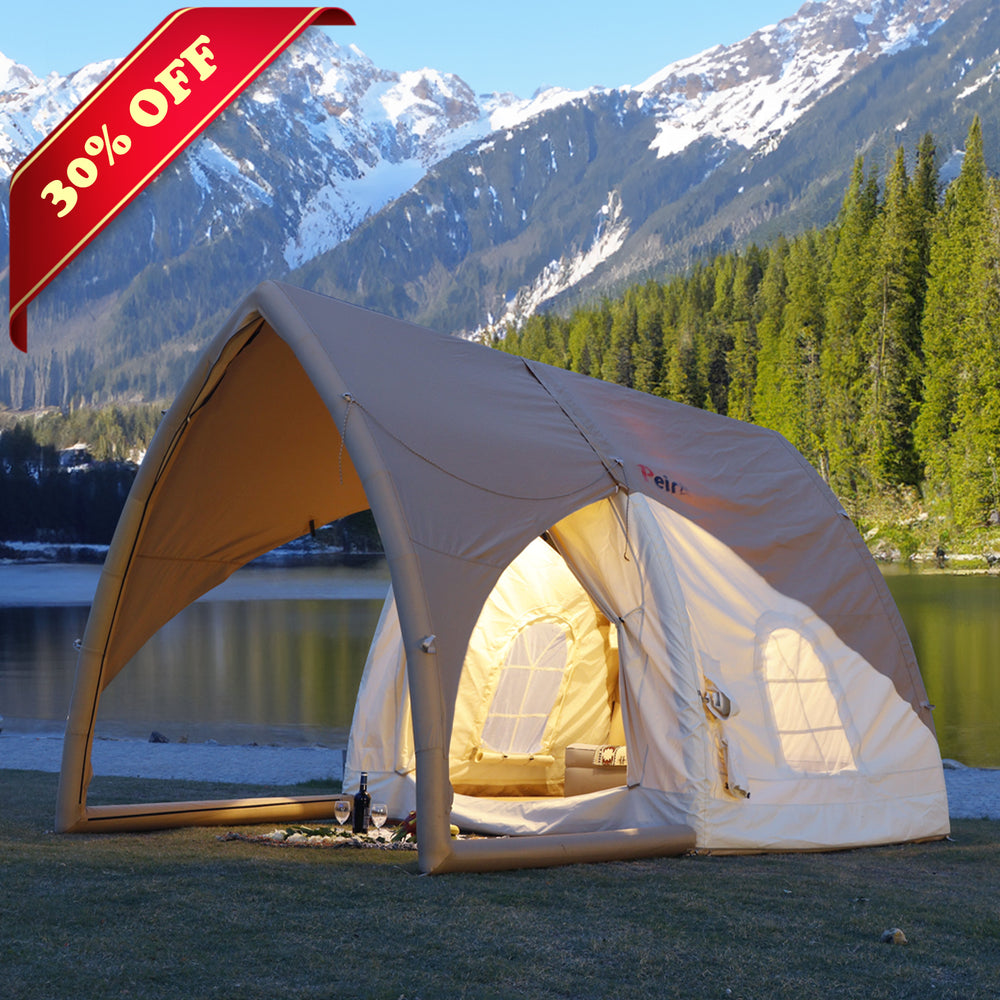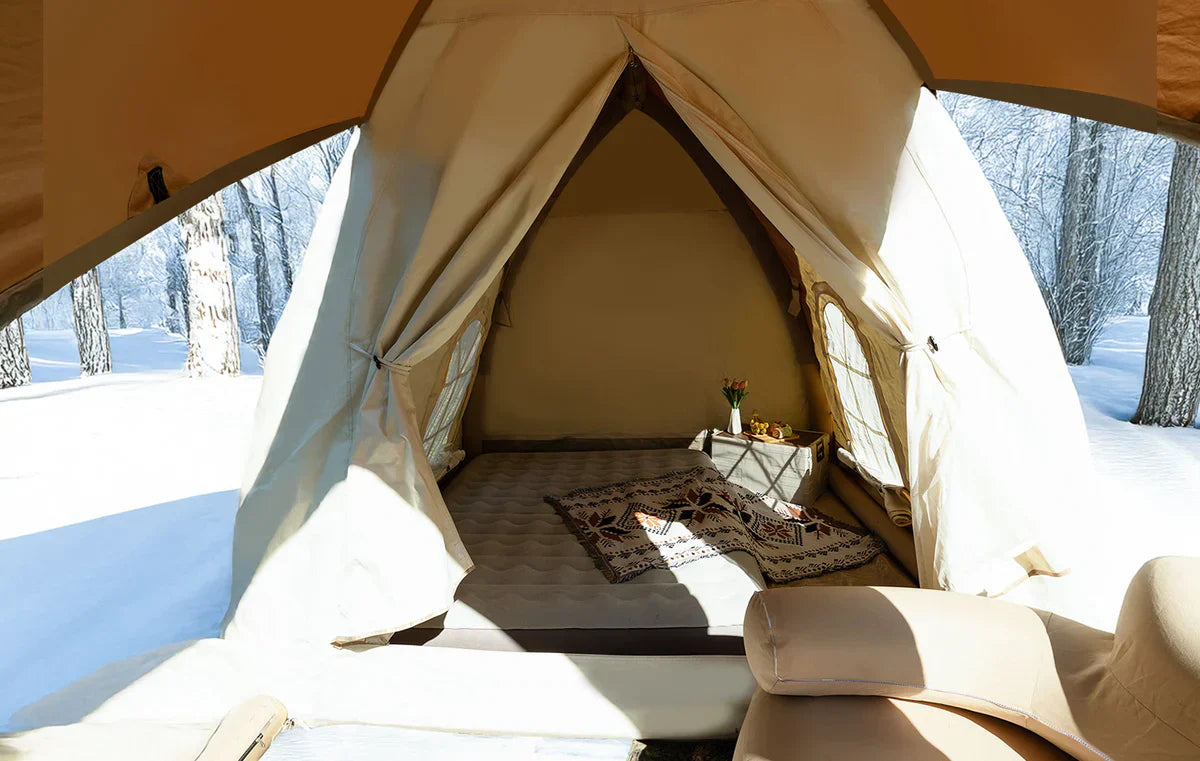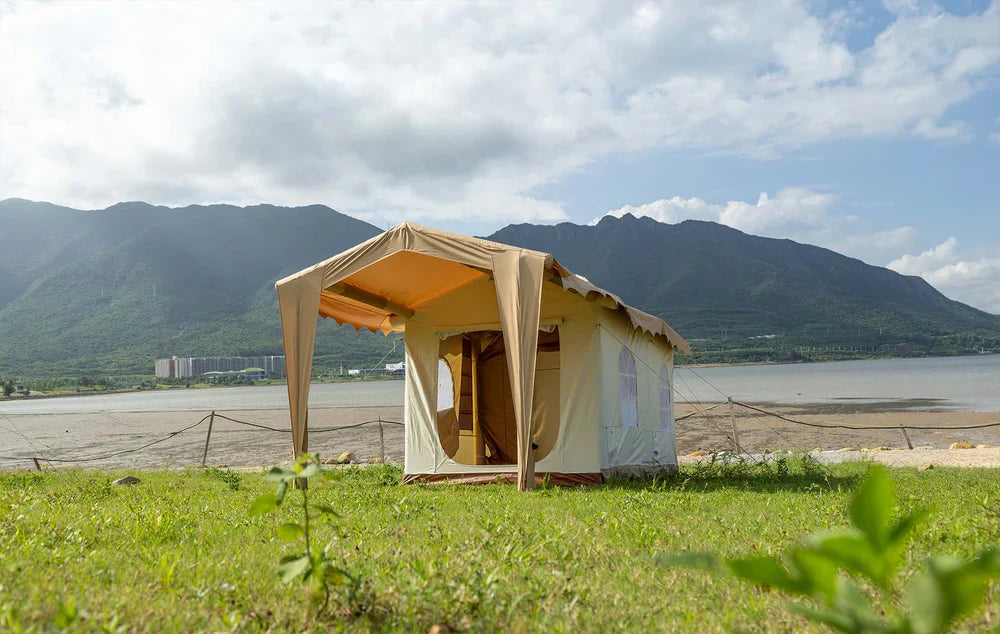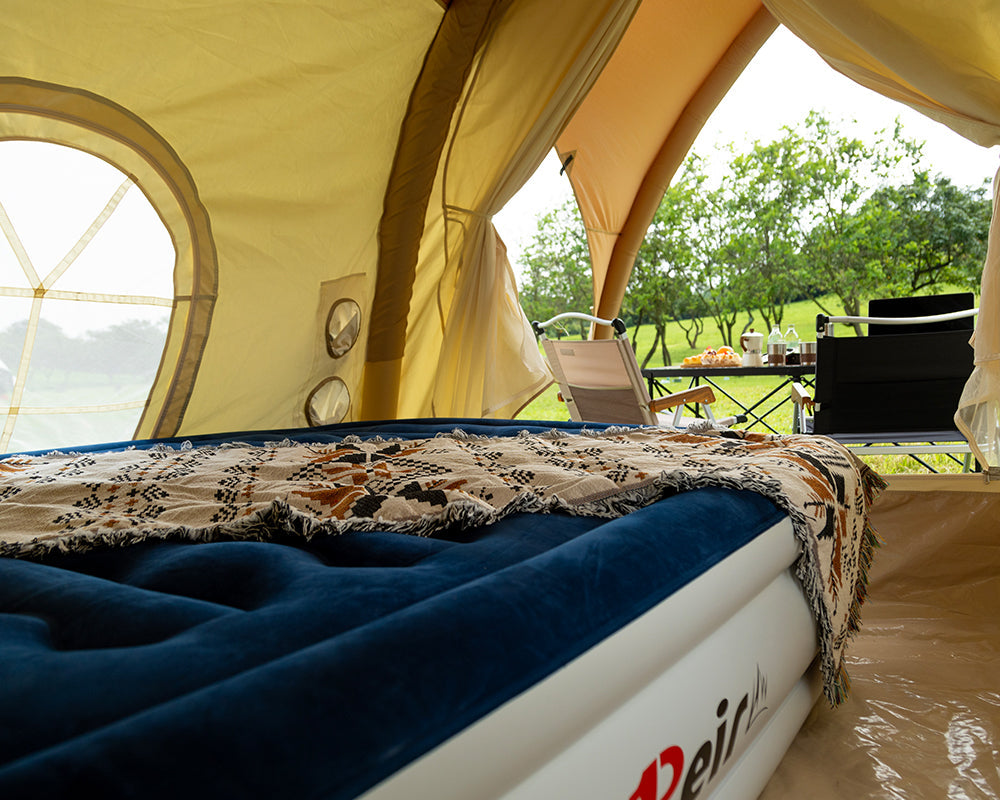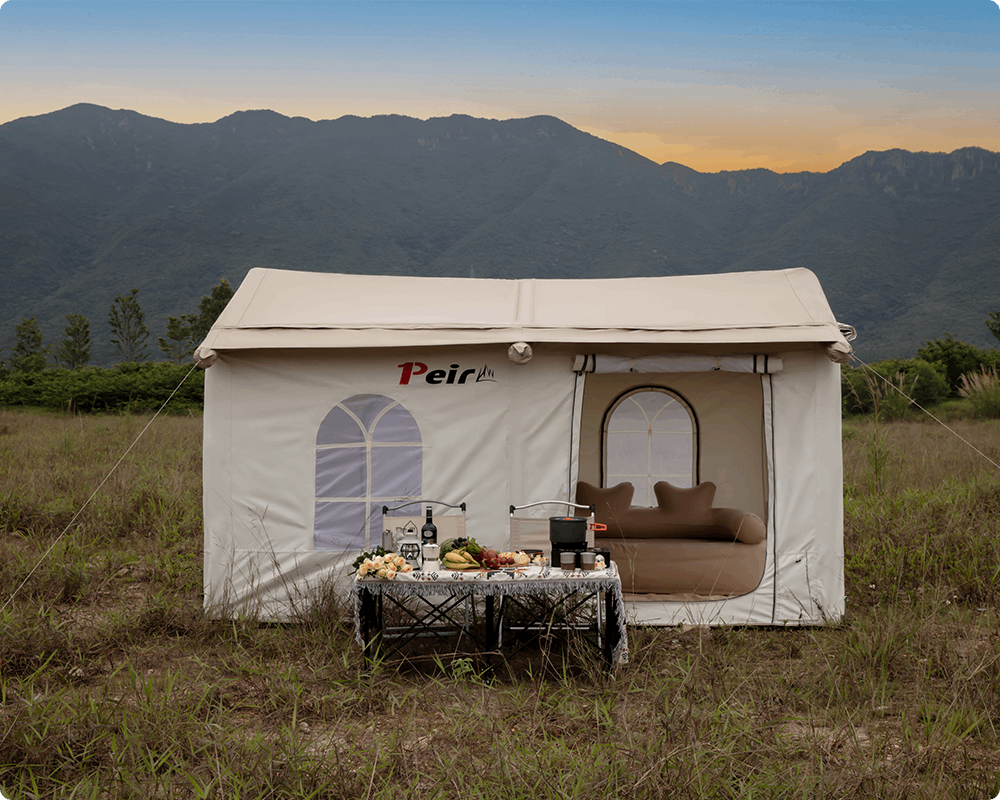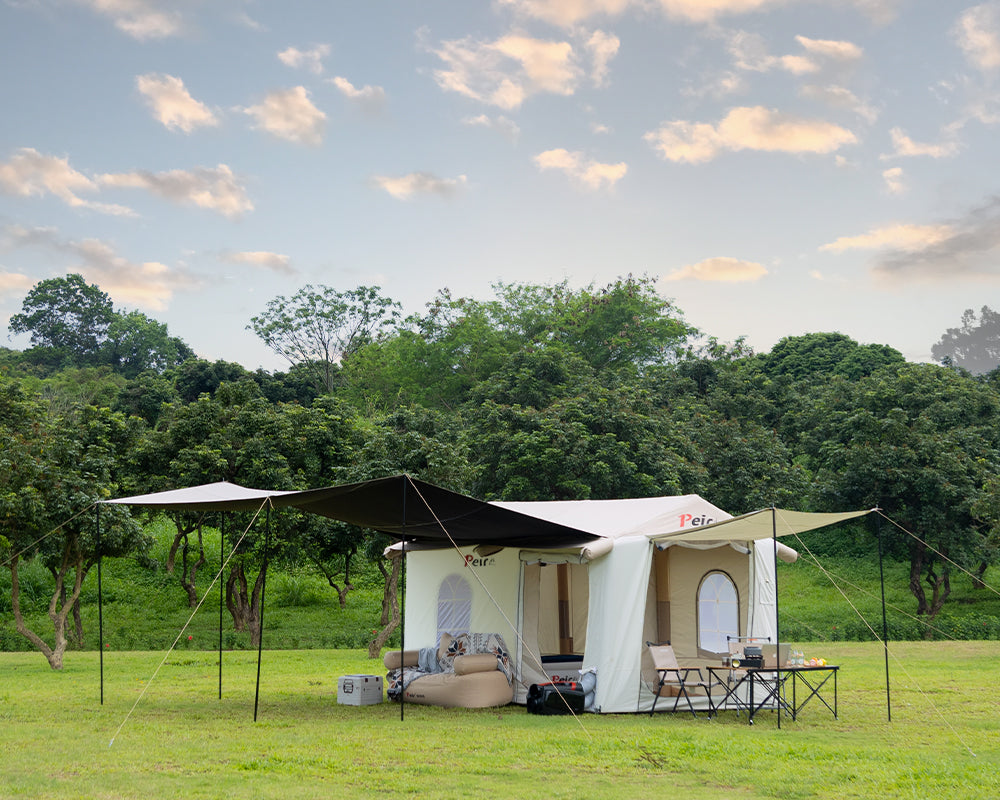Camping in cold weather can be an exhilarating experience for many outdoor enthusiasts. However, understanding how cold is too cold for tent camping is crucial to ensure a safe and enjoyable trip. While some adventurers thrive in frigid conditions, others might find the cold too uncomfortable or even dangerous. In this article, we’ll explore the factors that determine whether the temperature is too cold for tent camping, and provide tips on how to stay safe and comfortable in chilly conditions.
1. The Temperature Range for Comfortable Camping
The general rule of thumb for camping in cold weather is to know the limits of your gear and body. Most campers can comfortably camp in temperatures as low as 32°F (0°C), but it depends on the following factors:
- Tent Quality: Four-season tents are specifically designed to handle extreme weather conditions, including freezing temperatures and snow. These tents are more insulated and can withstand heavy winds.
- Sleeping Bag: A sleeping bag rated for cold temperatures is essential. Standard sleeping bags may not keep you warm enough when the temperature dips below freezing, so it’s crucial to choose one that matches the expected conditions.
- Clothing: Layering is key to staying warm. Proper cold-weather clothing, such as thermal undergarments, insulated jackets, gloves, and a hat, will help retain body heat.
2. Wind Chill Factor
While the temperature might read 30°F (-1°C), the wind chill can make it feel much colder. Wind speeds can drastically lower the perceived temperature, especially if you're exposed to harsh winds. If the wind chill brings the temperature down to a dangerous level (e.g., below 20°F / -6°C), it may be too cold for tent camping, especially if your tent doesn’t have proper insulation. Wind chill increases the risk of frostbite and hypothermia, making it essential to check the weather forecast before heading out.
3. Signs of Hypothermia and Frostbite
Camping in temperatures too cold for your gear or body can lead to severe health risks. Hypothermia occurs when your body loses heat faster than it can produce it, dropping your core body temperature to a dangerously low level. Signs of hypothermia include shivering, confusion, slurred speech, and clumsiness.
Frostbite, on the other hand, occurs when skin and other tissues freeze, typically affecting extremities like fingers, toes, and ears. If you start to feel numbness, tingling, or skin that appears pale and hard, you could be at risk for frostbite.
Both of these conditions are life-threatening and require immediate medical attention. Therefore, it’s essential to understand the limits of cold temperatures when tent camping and to take precautions to avoid these risks.
4. The Role of Altitude and Humidity
It’s important to consider not just the air temperature, but also the altitude and humidity. The higher you are in elevation, the colder it will likely be, and the air can be much thinner, making it harder for your body to retain heat. In regions with high humidity, the cold can penetrate deeper into your clothing and shelter, making it feel colder than the actual temperature. If you are camping in these conditions, make sure your gear is suited for the specific environment.
5. When is it Too Cold for Tent Camping?
In general, camping becomes dangerous when the temperature drops below 20°F (-6°C) without proper preparation. However, this can vary depending on the individual and the quality of gear. Here are a few things to consider:
- Below 20°F (-6°C): For most people, temperatures below this mark can be dangerous without high-quality equipment and sufficient layers of clothing. If you're a beginner or don’t have the right gear, it’s best to avoid camping in these conditions.
- Below 0°F (-18°C): This is typically considered too cold for recreational camping unless you have specialized winter camping gear and are experienced with extreme cold-weather survival techniques.
- Extreme Cold: If temperatures are forecasted to reach below -20°F (-29°C), it’s generally advisable to postpone your camping trip. Even with the best equipment, such extreme cold can be hazardous, especially if weather conditions change unexpectedly.
6. Tips for Cold-Weather Camping
If you do decide to brave the cold and go tent camping in chilly temperatures, here are some tips to keep you safe and warm:
- Choose a Proper Tent: Invest in a four-season tent with a robust design that can handle high winds and heavy snow. Make sure your tent is well-ventilated to prevent condensation buildup, which can make the interior feel even colder.
- Use an Appropriate Sleeping Bag: Choose a sleeping bag rated for temperatures lower than what you expect. Consider a sleeping pad with an insulated rating to provide an additional layer of warmth from the ground.
- Pack Layers of Clothing: Wear moisture-wicking base layers, a mid-layer for insulation, and an outer layer that is windproof and waterproof. Don’t forget a hat, gloves, and warm socks.
- Keep Hydrated and Eat Well: Cold weather can dehydrate you quickly, so drink plenty of fluids. Eating calorie-dense meals helps your body generate more heat, keeping you warm.
- Monitor the Weather: Always check the weather forecast before heading out. Avoid camping in extreme conditions and keep an eye on sudden weather changes.
40° F and Under Is Too Cold
Ultimately, the answer comes down to your personal tolerance levels. But most pro winter campers agree that 40° F (4° C) is when things start to get uncomfortable.
At 40° F, you’ll start to feel the chill. It won’t be unbearable, but you’ll want to have a thick coat and warm sleeping bag on hand. A temperature of 30° F (-1° C) is also tolerable, but you’ll need better-than-average gear to stay warm. Most folks nope out at around 20° F (-6° C). Without the right gear, you’ll be shivering in your boots and prone to potentially fatal conditions like frostbite and hypothermia. Anything below 20° F is, without doubt, too cold to go tent camping. At these temperatures, the effects of frostbite can kick in in under 30 minutes. Besides, you’ll be so miserably cold that you won’t be able to enjoy your trip anyway!View our inflatable tents
7. Conclusion
How cold is too cold for tent camping depends on various factors such as your gear, clothing, and the weather conditions. For most people, camping in temperatures below 20°F (-6°C) without the right equipment can be uncomfortable and potentially dangerous. Always be prepared by choosing appropriate gear, layering clothing, and knowing your limits when it comes to cold-weather camping.
Remember, camping is about enjoying nature, not risking your health. If the temperature forecast is too extreme, it’s better to reschedule your trip rather than putting yourself at risk. Stay warm, stay safe, and enjoy your camping adventure!






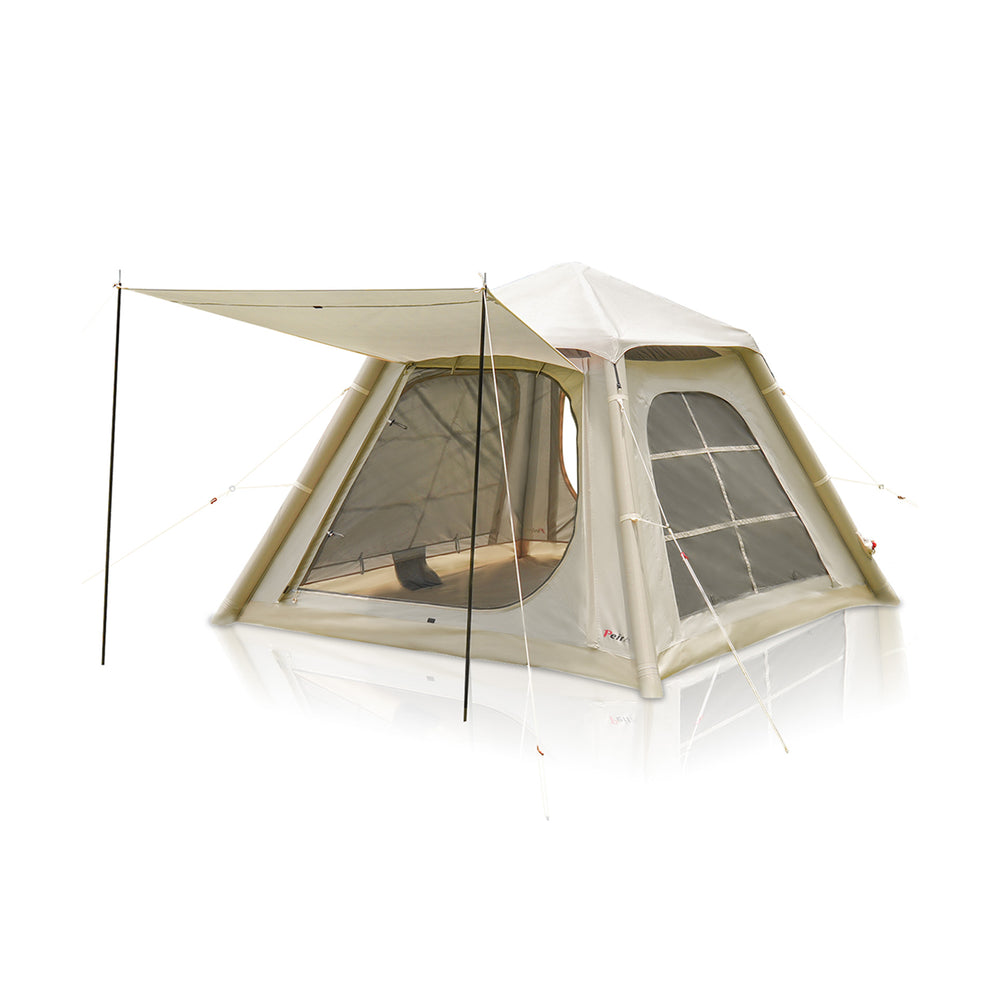
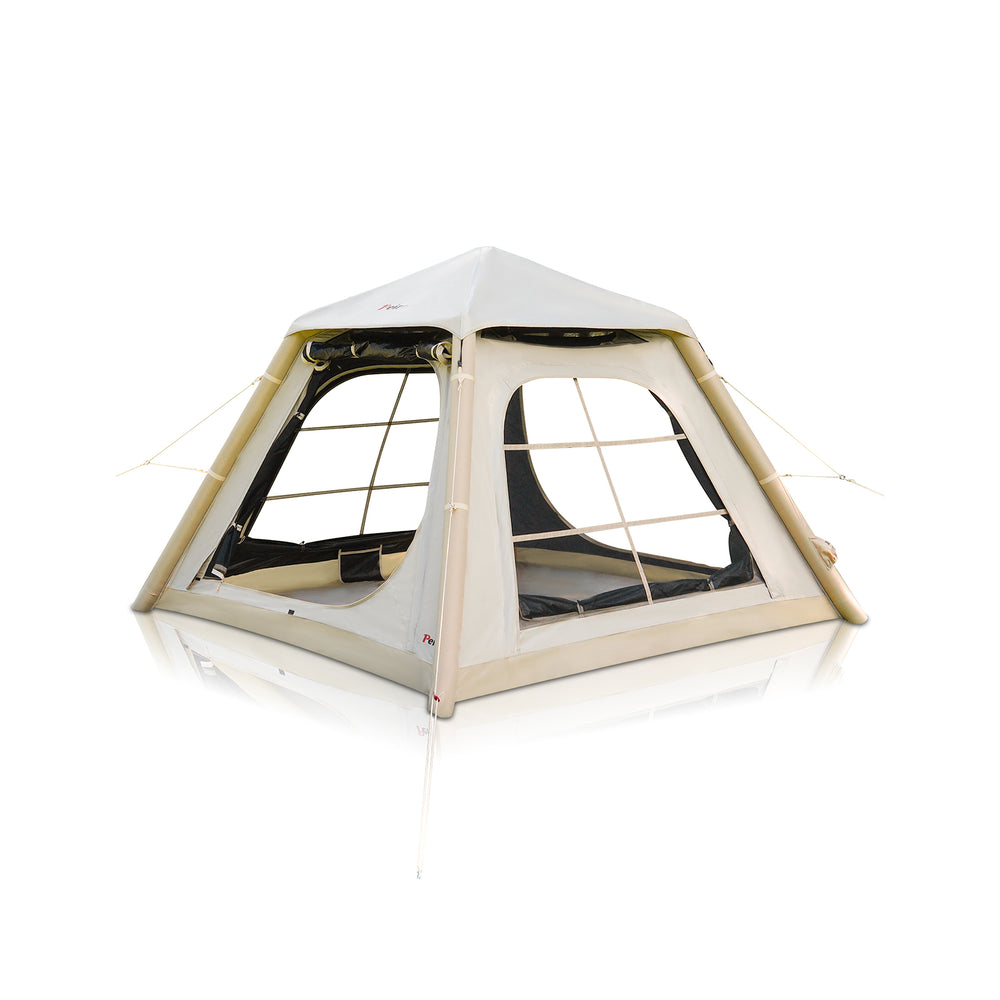
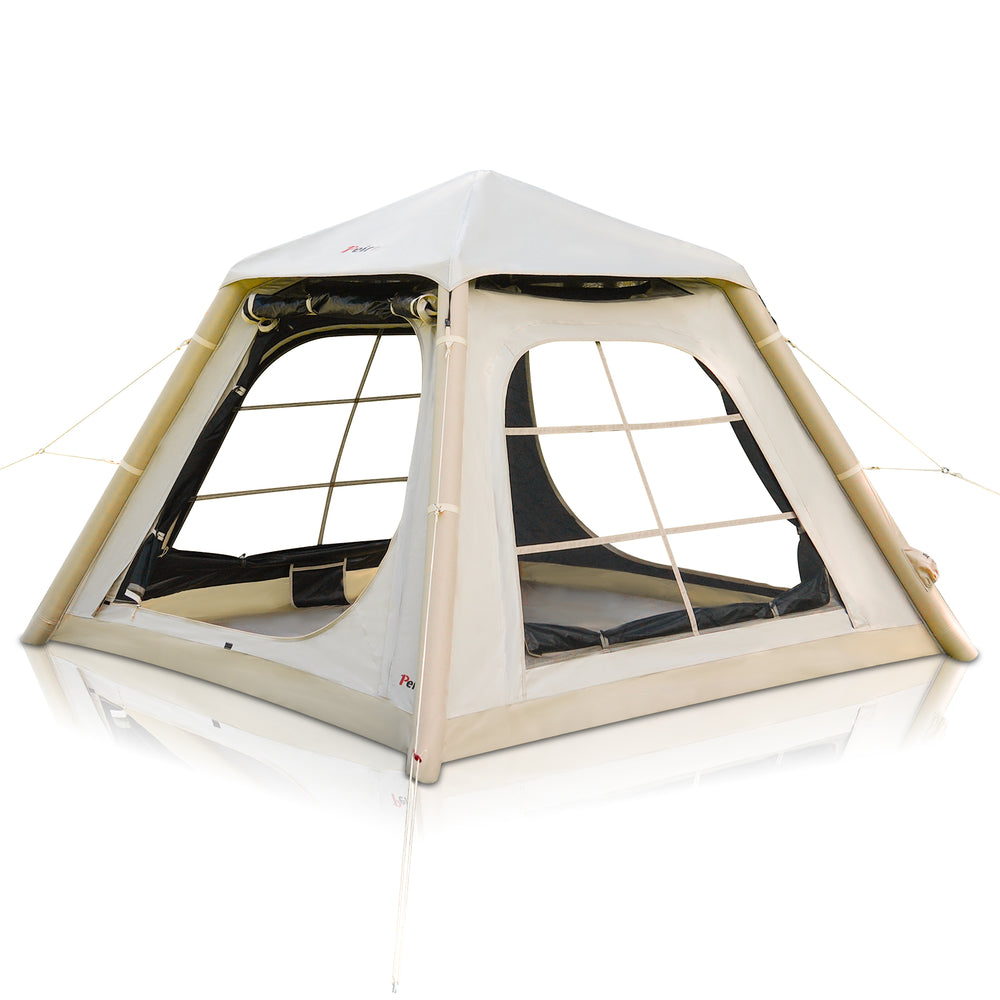
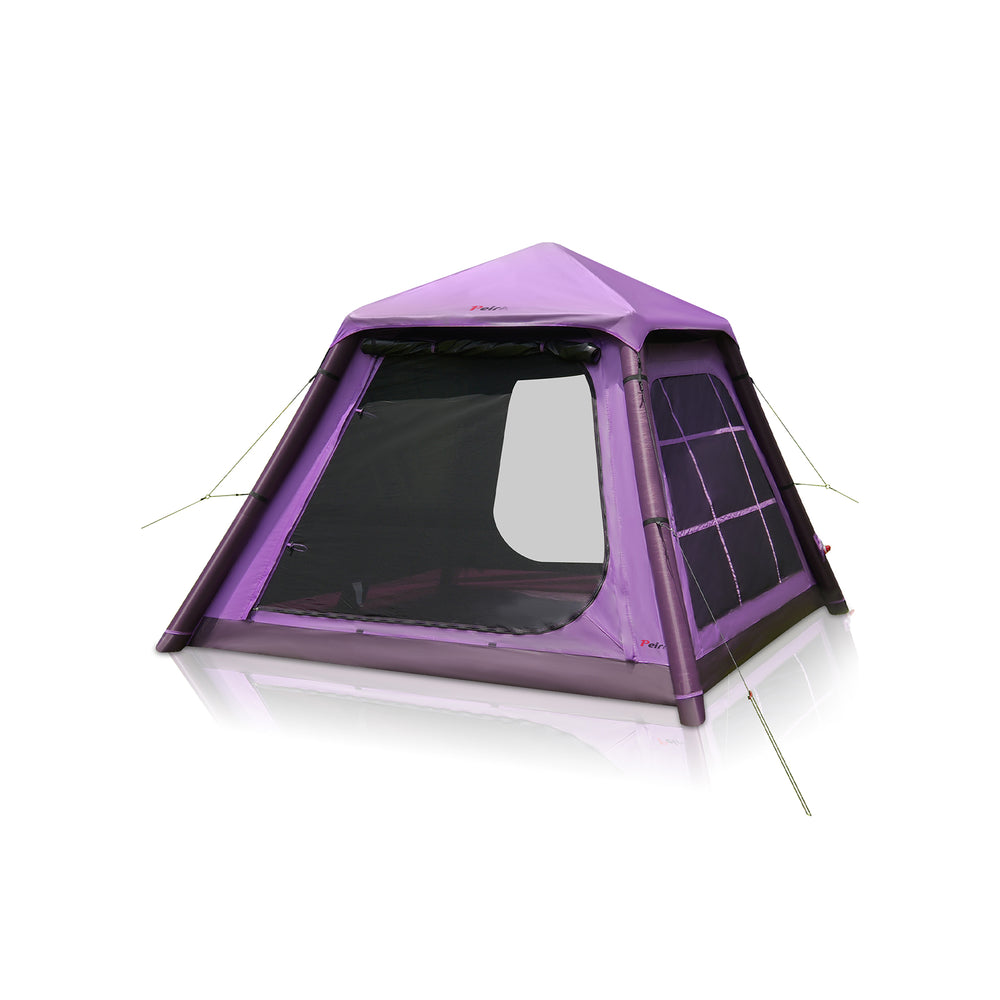


 Peirhw Inflatable House Tent - Starry Night Love
Peirhw Inflatable House Tent - Starry Night Love
 Peirhw Glamping Tents - Friendship Castle
Peirhw Glamping Tents - Friendship Castle
 Peirhw Inflatable Canopy Tent - Adventurer
Peirhw Inflatable Canopy Tent - Adventurer

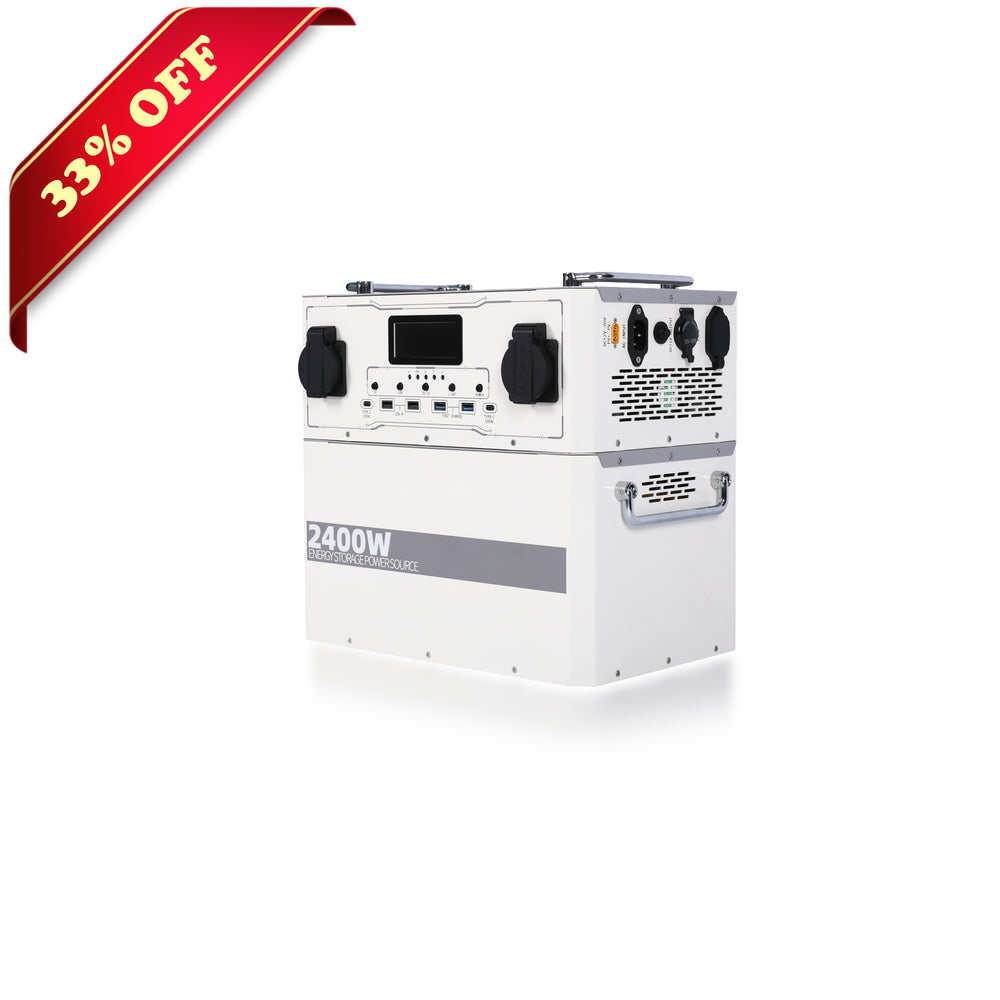
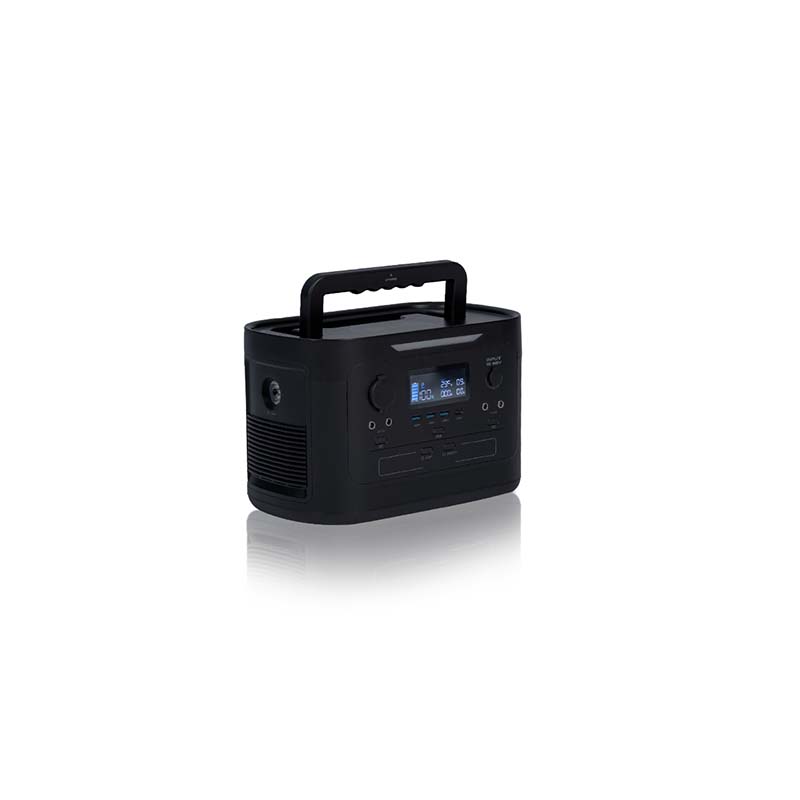
 Peirhw Portable Air Conditioner
Peirhw Portable Air Conditioner
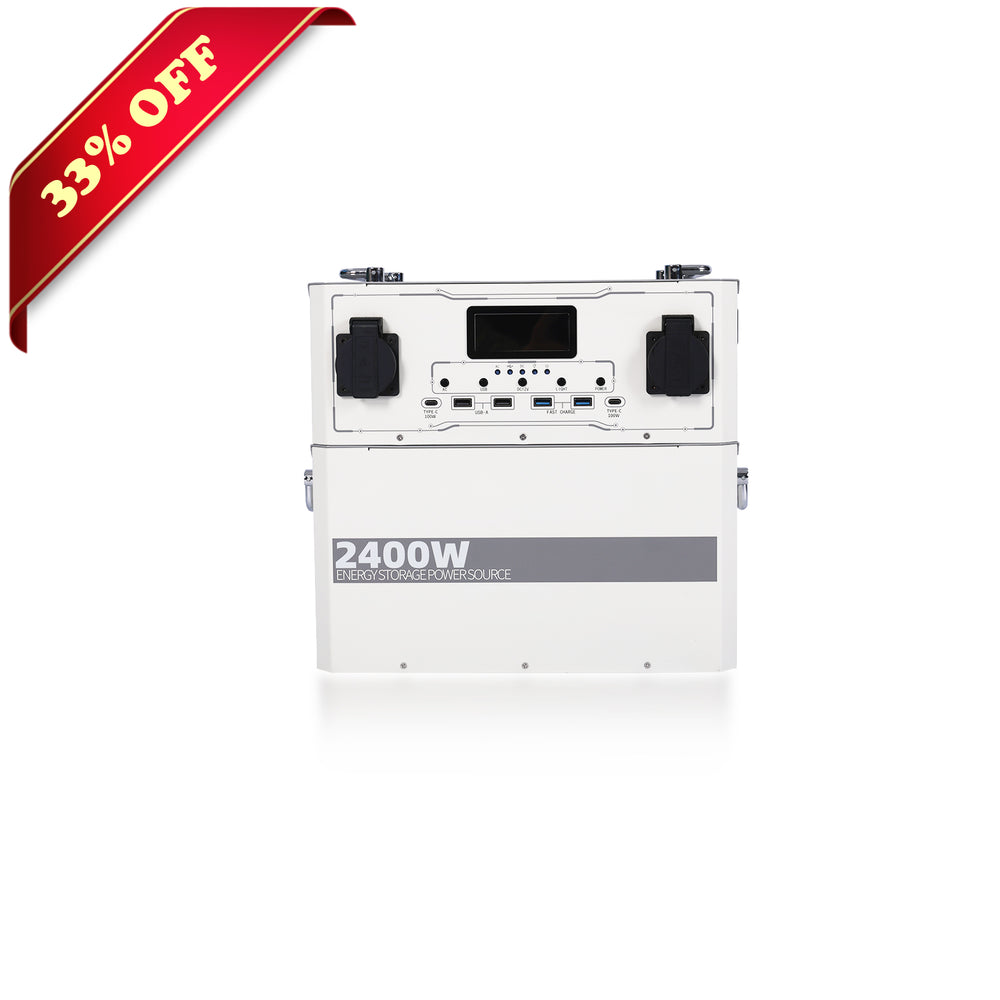 【Advance Sale】Peirhw Portable Power Station 2400W
【Advance Sale】Peirhw Portable Power Station 2400W
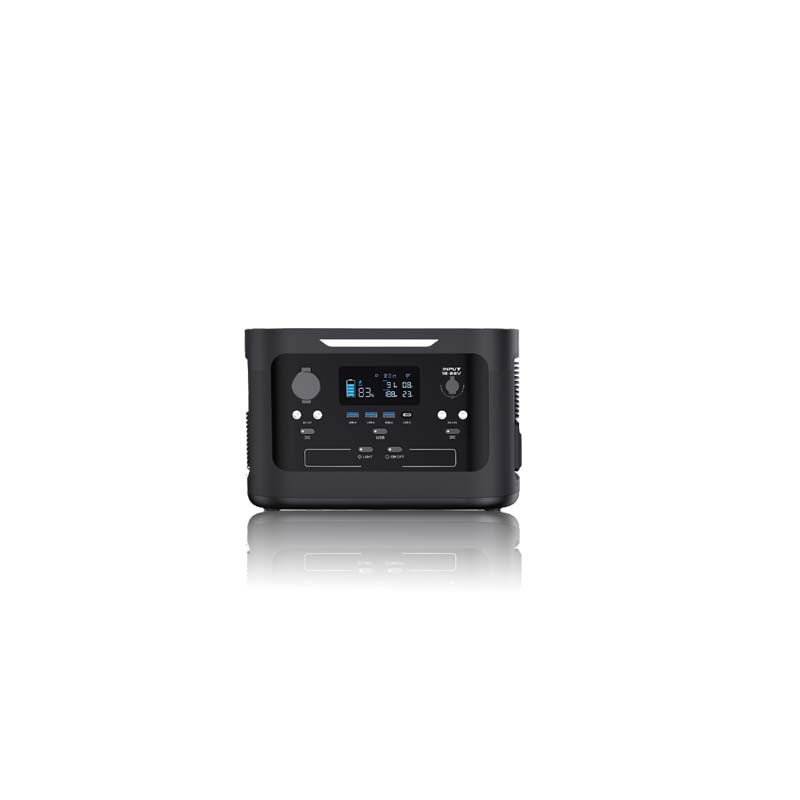 【Advance Sale】Peirhw Portable Power Station 600W
【Advance Sale】Peirhw Portable Power Station 600W

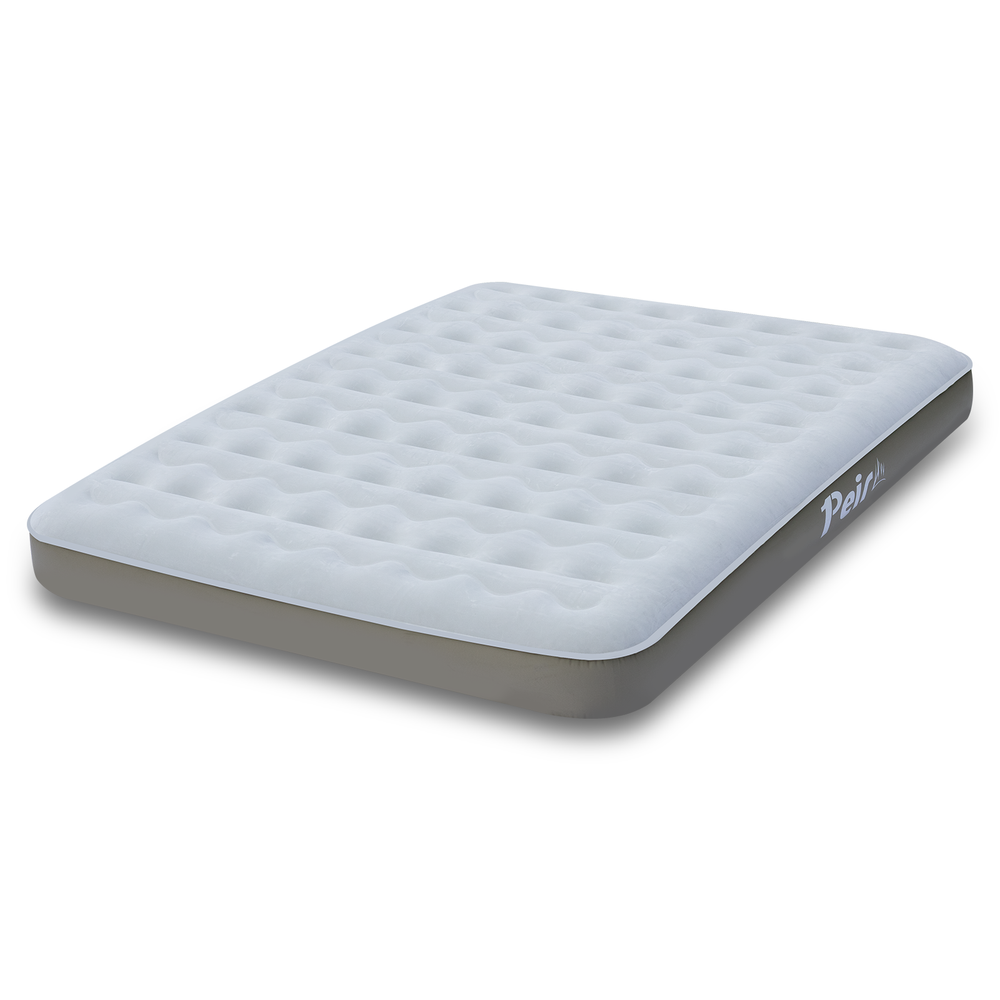



 Peirhw Self Inflating Sleeping Pad
Peirhw Self Inflating Sleeping Pad
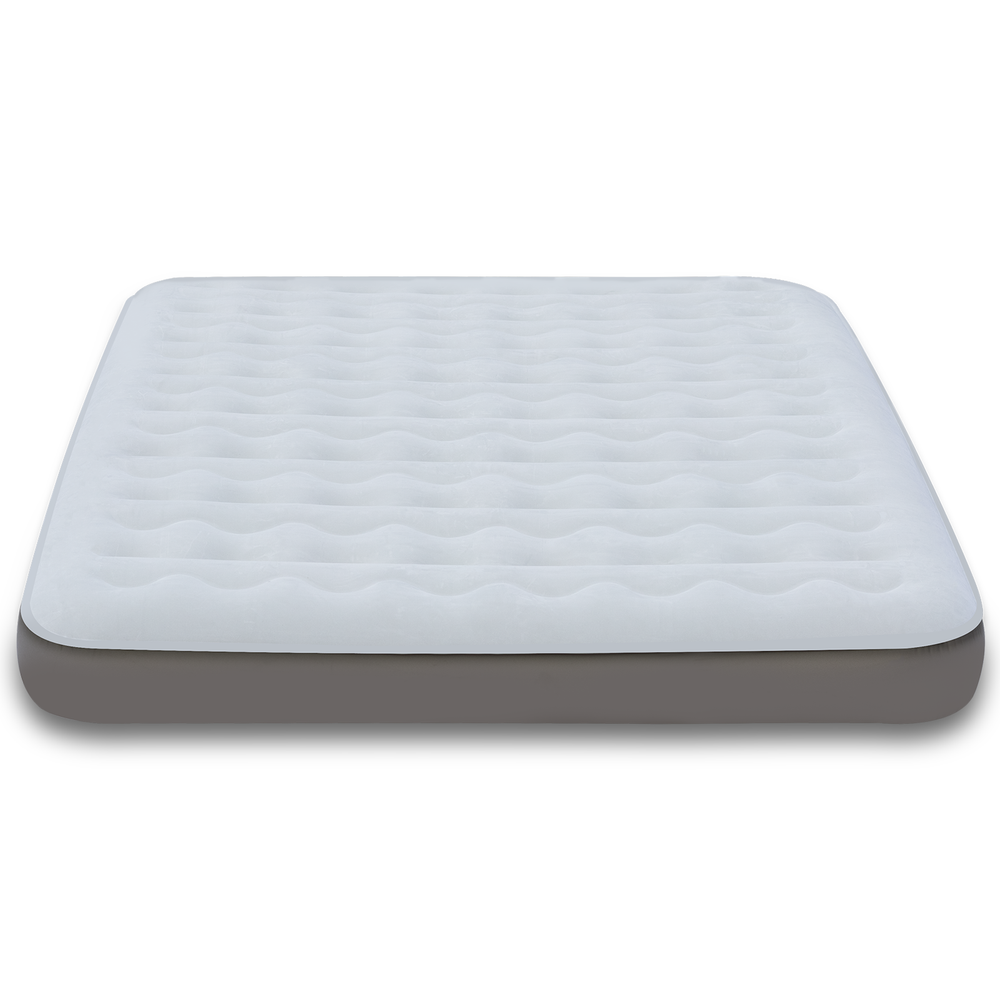 Peirhw Air Mattress (8" Queen Type)
Peirhw Air Mattress (8" Queen Type)
 Peirhw Camping Sleeping Bag
Peirhw Camping Sleeping Bag

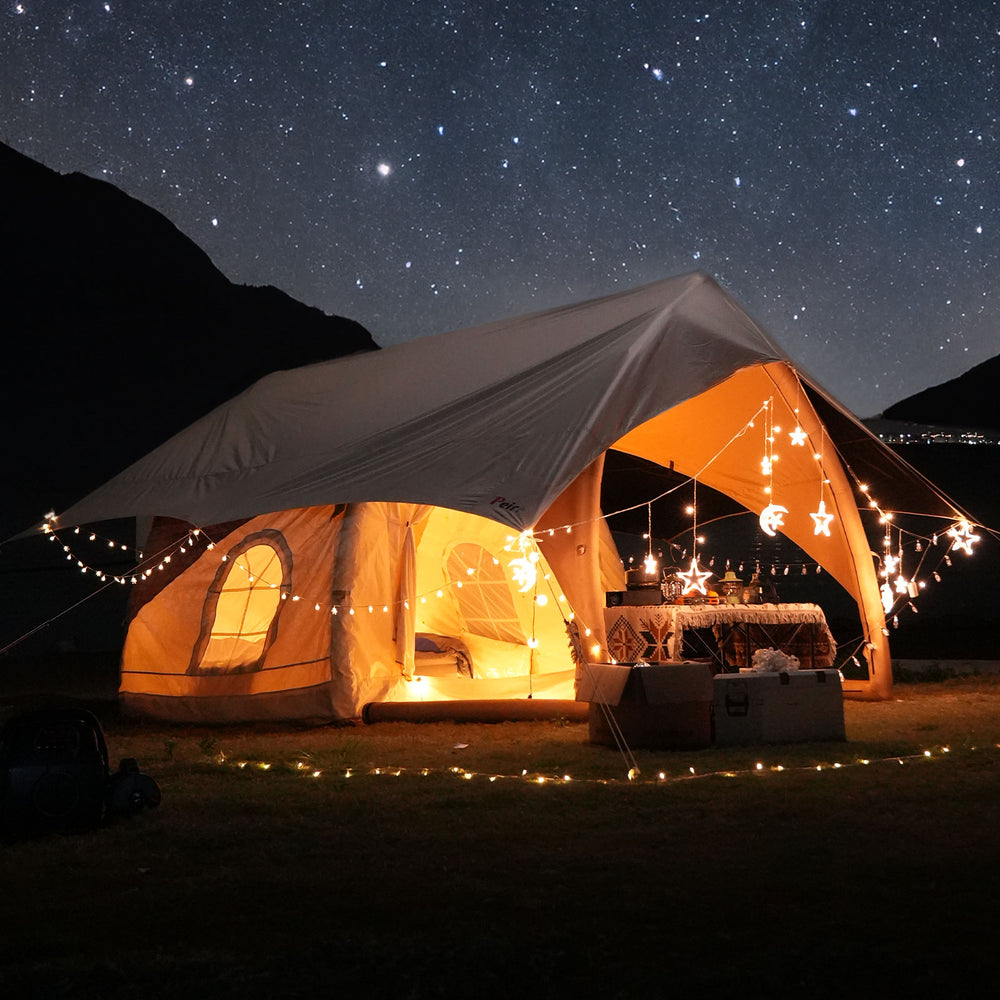
 Peirhw Butterfly-shaped Canopy for Camping
Peirhw Butterfly-shaped Canopy for Camping
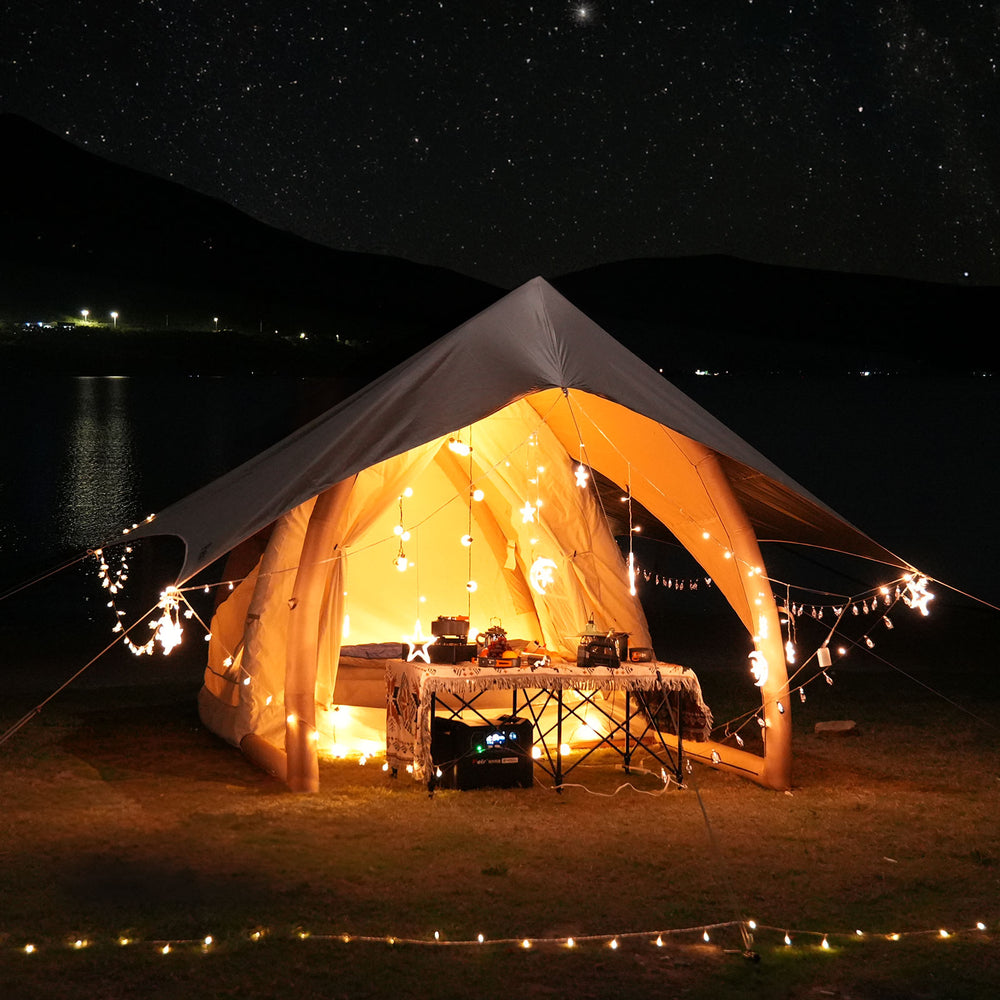 Peirhw Camping Waterproof Canopy (Cannot be Purchased Separately)
Peirhw Camping Waterproof Canopy (Cannot be Purchased Separately)

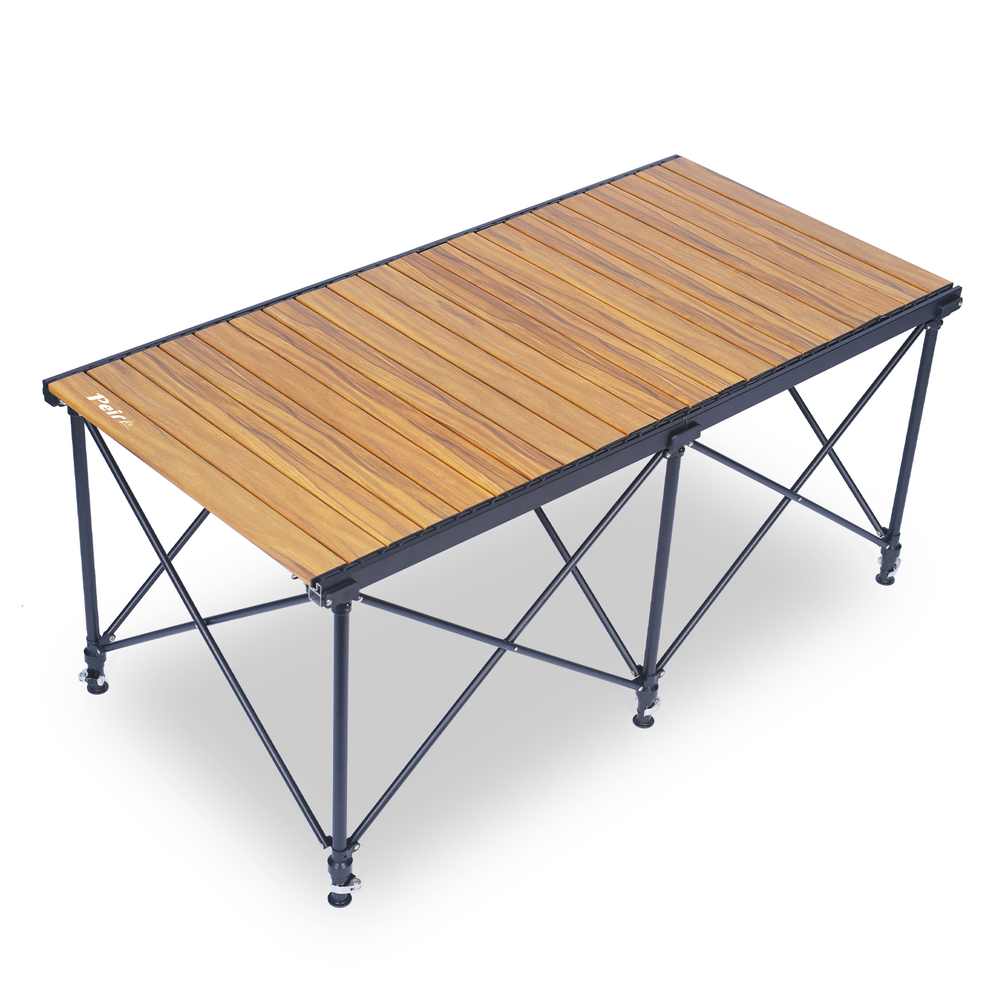
 Peirhw Outdoor Folding Chairs
Peirhw Outdoor Folding Chairs
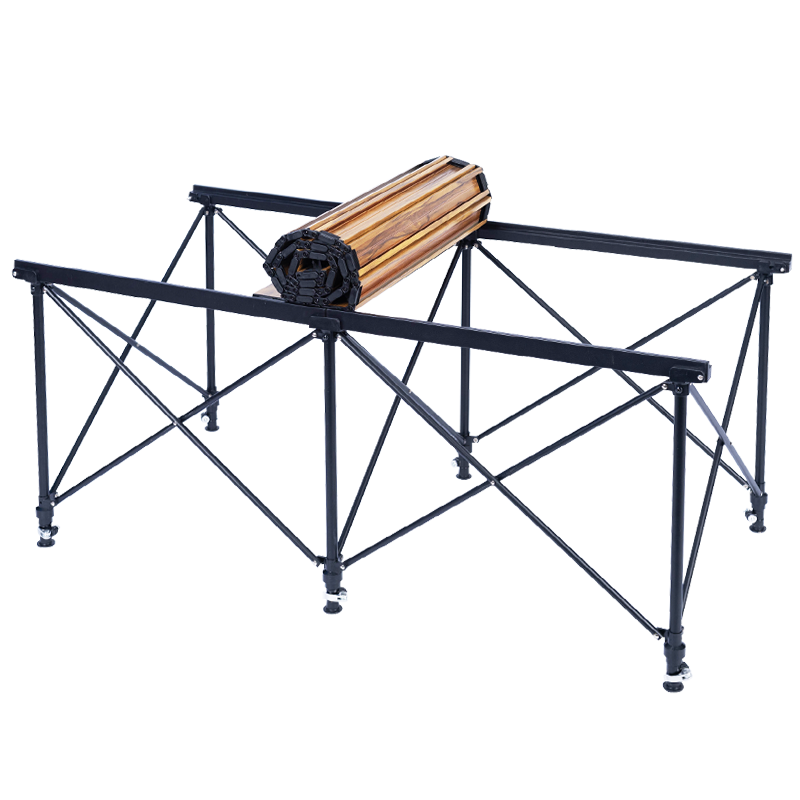 Peirhw Folding Camping Table
Peirhw Folding Camping Table





